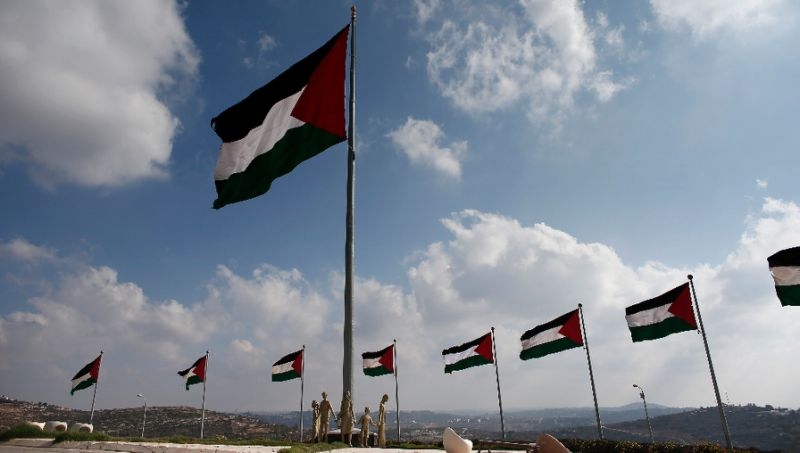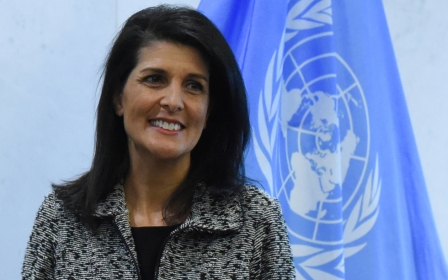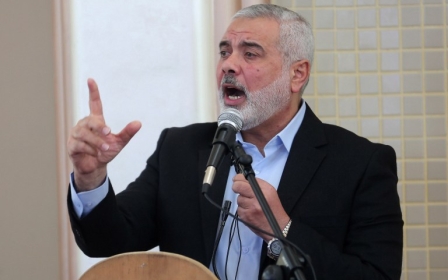Hamas to accept Palestinian state along 1967 borders

Hamas is to propose the establishment of a Palestinian state along 1967 borders, after decades of demanding the reclamation of the entirety of historic Palestine, the group confirmed on Thursday.
However, it denies reports that it plans to disown the Muslim Brotherhood, amid suggestions that it is hoping to soften its image in a bid for international legitimacy.
The Palestinian movement is due to reveal a new charter in the next few weeks, after the election of a new leader.
For the first time since its founding in 1988, Hamas will set out its proposal for the establishment of a Palestinian state along the borders established following the 1967 war.
Previously, Hamas has insisted in its charter on a Palestinian state that includes all the territory of historic Palestine.
A source close to Hamas told Middle East Eye on Thursday that the movement “will accept the establishment of a Palestinian state in any part of Palestine that is fully liberated.
“However, Hamas believes that the whole of Palestine, from the Jordan River to the Mediterranean Sea, is the historic and ancestral home of the Palestinian people, who have every right to continue the struggle until their homeland is fully liberated.”
However, the source denied recent reports that Hamas is preparing to break links with the Muslim Brotherhood, the Egyptian group seen as Hamas’s closest relative.
“There is no mention of [the Brotherhood] in the new document. It is not true that the new document disowns the Muslim Brotherhood.”
London-based Arabic newspaper al-Sharq al-Awsat quoted a Hamas source as saying that the group was planning to “shed any institutional link with all historical fronts or groups”.
The reports sparked rumours that Hamas was gearing up to break links with the Egyptian Brotherhood, following a high-profile meeting in January between Egypt’s public intelligence chief, Khaled Fawzy, and the vice-president of Hamas’s political wing, Ismail Haniyeh.
Ahmed Yousef, a veteran Hamas member who is close to the current leadership, had said that the charter includes “positive” changes regarding the movement’s relationships with “Arab Islamic states”.
Middle East Eye propose une couverture et une analyse indépendantes et incomparables du Moyen-Orient, de l’Afrique du Nord et d’autres régions du monde. Pour en savoir plus sur la reprise de ce contenu et les frais qui s’appliquent, veuillez remplir ce formulaire [en anglais]. Pour en savoir plus sur MEE, cliquez ici [en anglais].




